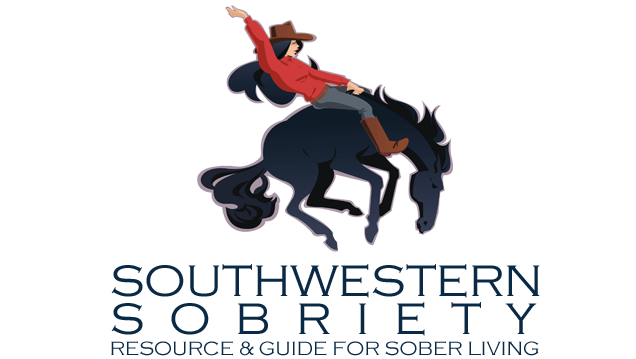Substance abuse and drug addiction are more serious than many people believe. People often underestimate the complexity of a drug addiction. Drugs feed compulsive drug abuse and that is exactly what many people do not know. Many drug addicts might believe that with the right amount of willpower they are able to stop the addiction and that their social problems will be finished. However, in most cases this is simply not true.
Substance abuse effects communication systems in your brain and disrupts the way your brain normally sends, receives and processes information. Heroin for example, has a similar structure to chemical messengers. These messengers are naturally made by the brain and by taking drugs the brain is misguided and receiving the wrong messages.
There is quite a bit we currently know about what drugs do to our brain, what problems they might cause, and how this kind of addiction can be completely treated to help people stop get away drugs and have a normal life.
It is important to understand however, that there are several types of drug addictions. Not only do you have heroin addictions, but you also have tobacco, cocaine, amphetamine, ecstasy and magic mushroom addictions.
During your substance abuse, you can expect to have several symptoms or problems. Some signs of drug addiction includes avoiding social communications, feeling nervous without the use of drugs, losing weight and even feeling forced to steal simply to get the drugs.
A drug addiction can seriously destroy your life. It is important to remember that, even though no one can force you to stop taking drugs, but if you're willing to, it is important to get the necessary support from family, friends and relatives. On top of that, it is very hard to get away from substance abuse without professional help. That is why it is highly recommended to seek the help of a professional drug addiction center, where they will take you by the hand to get your life back.
Substance abuse effects communication systems in your brain and disrupts the way your brain normally sends, receives and processes information. Heroin for example, has a similar structure to chemical messengers. These messengers are naturally made by the brain and by taking drugs the brain is misguided and receiving the wrong messages.
There is quite a bit we currently know about what drugs do to our brain, what problems they might cause, and how this kind of addiction can be completely treated to help people stop get away drugs and have a normal life.
It is important to understand however, that there are several types of drug addictions. Not only do you have heroin addictions, but you also have tobacco, cocaine, amphetamine, ecstasy and magic mushroom addictions.
During your substance abuse, you can expect to have several symptoms or problems. Some signs of drug addiction includes avoiding social communications, feeling nervous without the use of drugs, losing weight and even feeling forced to steal simply to get the drugs.
A drug addiction can seriously destroy your life. It is important to remember that, even though no one can force you to stop taking drugs, but if you're willing to, it is important to get the necessary support from family, friends and relatives. On top of that, it is very hard to get away from substance abuse without professional help. That is why it is highly recommended to seek the help of a professional drug addiction center, where they will take you by the hand to get your life back.





